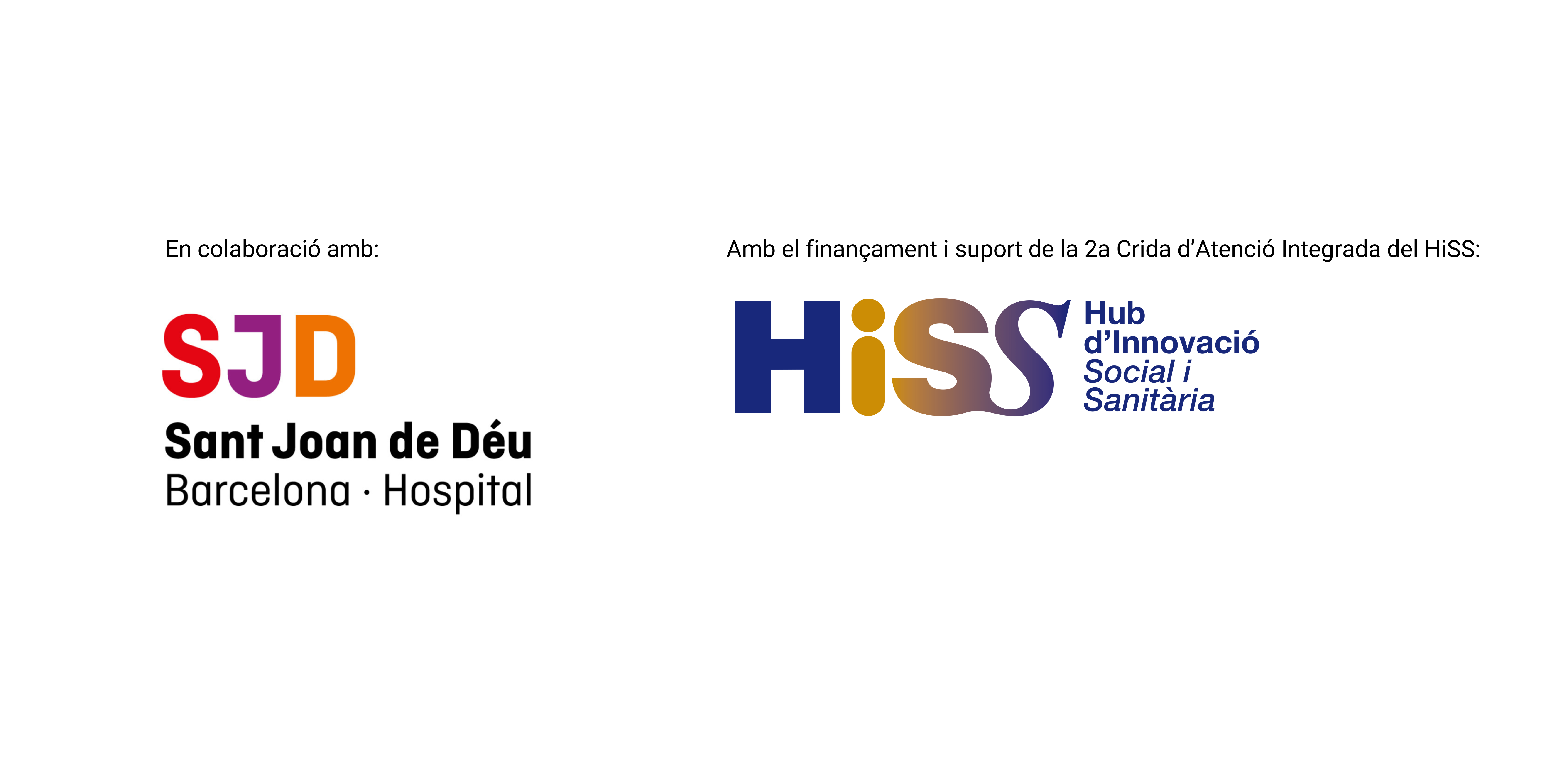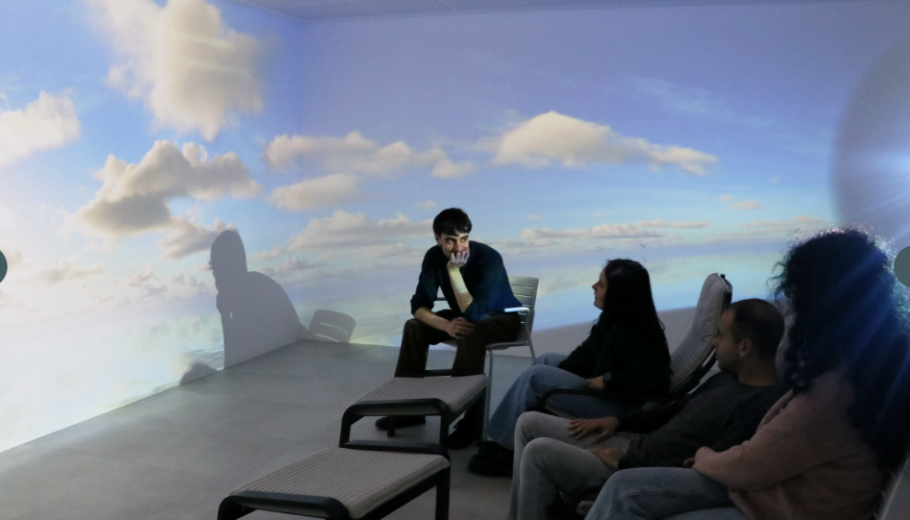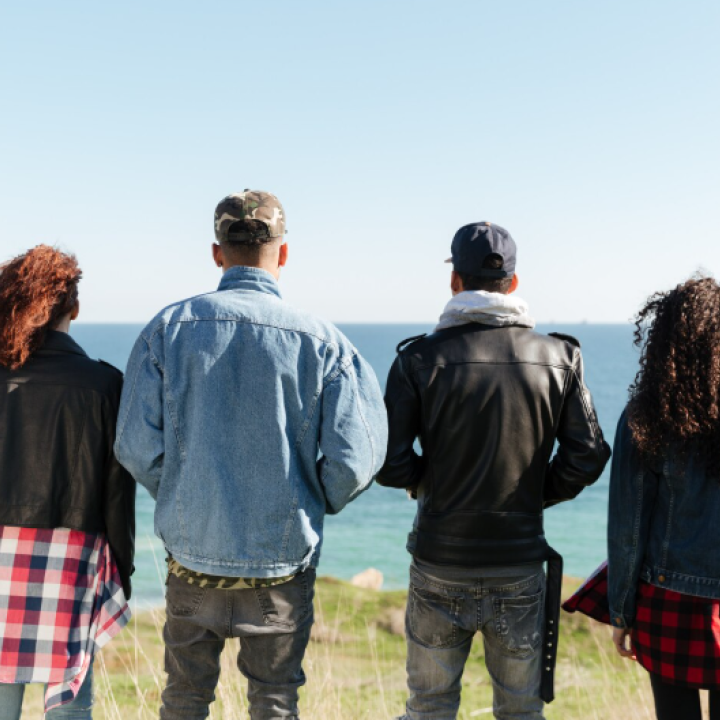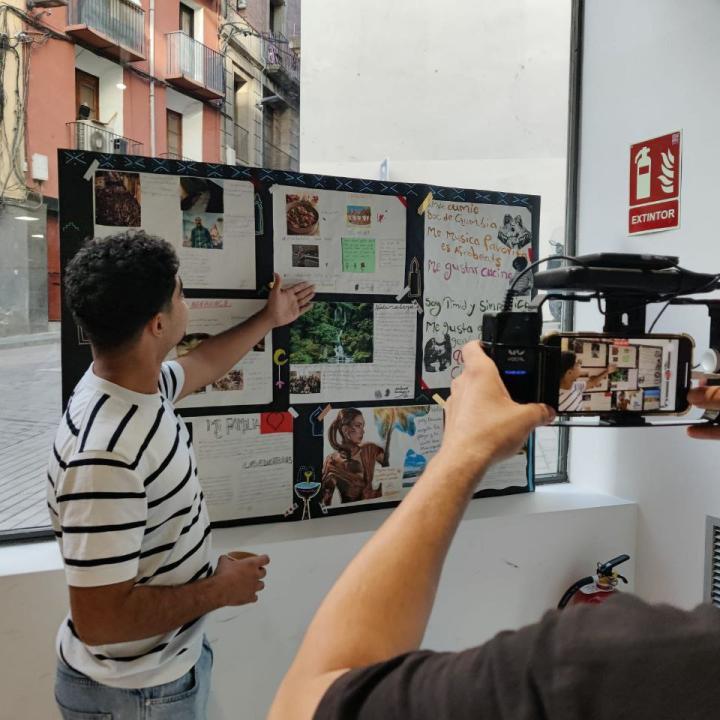The RESILIENTS project shows that immersive reality improves the autonomy and interpersonal relationships of young people
The pilot phase of the RESILIENTS project, which involved six young people in care and former care leavers with mental health conditions over a period of ten months, has demonstrated that immersive reality (IR) can significantly enhance autonomy and interpersonal relationships. The program is based on personalized pathways within a safe and immersive environment, aimed at identifying emotions, addressing trauma, and developing essential skills for the transition to adult life.
The results have been highly positive: 67% of participants reduced interpersonal conflicts and reported improved social relationships. Moreover, 83% took autonomous responsibility for their medication, while 66% managed medical appointments independently.
One of the most remarkable aspects of the program is the strengthening of the therapeutic bond. 83% of participants identified their therapist as a “figure of safety,” a key element for the success of the therapeutic process.
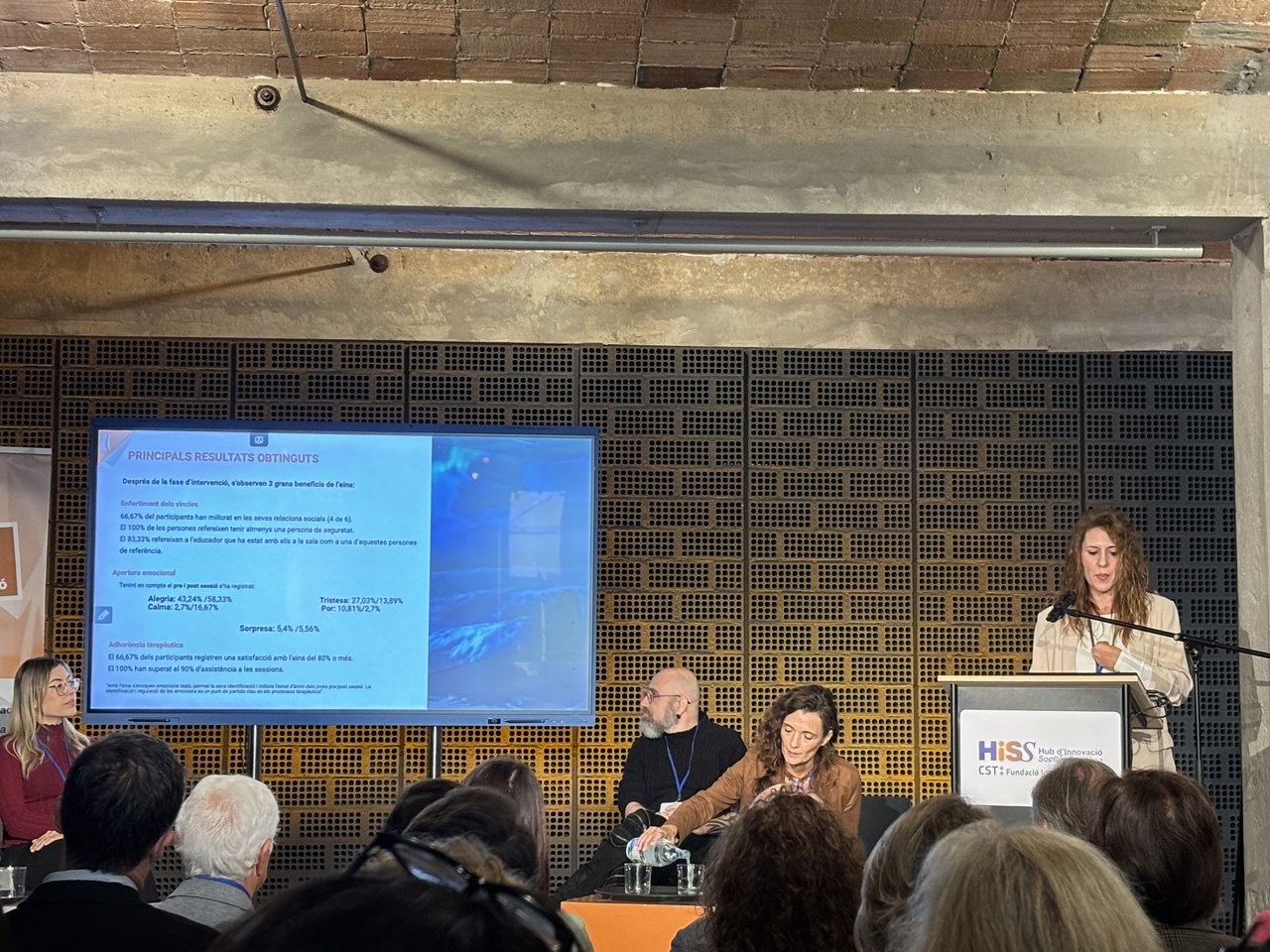
For ten months, the young participants have had the opportunity to explore emotions, face fears, and strengthen their personal well-being in an environment designed by Suara Cooperativa, in collaboration with Hospital Sant Joan de Déu and with the support of the 2nd HiSS Call. This experience has facilitated the development of skills such as emotional management, self-confidence, and personal autonomy.
According to the research team, the project has had a significant impact on the relational and social spheres, improving the ability of young people to build trust-based relationships and develop social skills, key aspects in therapeutic processes aimed at healing trauma. In this regard, 50% of participants reduced incidents by more than 20%, and one-third (33.3%) decreased psychiatric emergencies.
Pau Ibañez, psychologist and lead professional of the initiative, states that “immersive reality has the potential to act as a catalyst in the therapeutic process of young people in vulnerable situations, especially in trauma-focused approaches.” He also highlights that “the results obtained open up new avenues for research and application that could revolutionize psychosocial care.”
Participants have expressed very positive feedback about the well-being the initiative has brought them. Rikelme comments: “The sessions are super relaxing, and the space is very comfortable,” while Marc highlights that it was a “really cool and relaxing experience that helped me stop, think, and reflect.”
Project continuity
This pilot has demonstrated the potential of the intervention model and the opportunities for improvement needed to achieve scientific validation. In this sense, Suara Cooperativa will work to ensure the sustainability of immersive reality programs, as well as to expand the project and adapt the interventions to the specific needs of young people.
Jèssica Andreu, program coordinator, pointed out: “We are starting to create our own audiovisual content tailored to their interests. We have already co-created seven projections with their participation.”
Finally, Ibañez emphasizes that “among the main recommendations is the need to extend the duration of the intervention to consolidate emotional impact, as well as to strengthen the presence of clinical professionals in some sessions to enrich therapeutic interpretation.”
